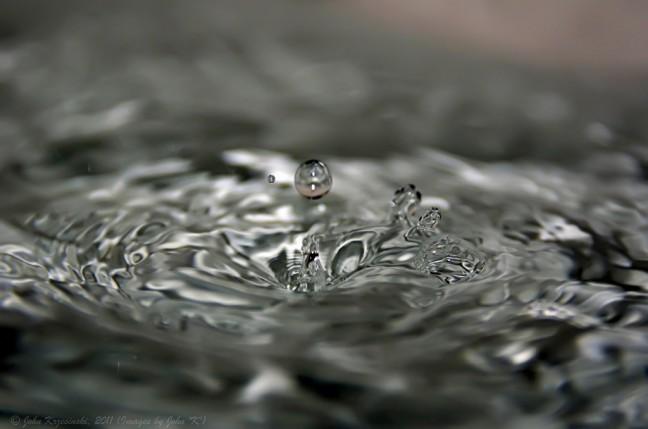The University of Wisconsin Sustainability Department released its first ever report on sustainability for the 2018 fiscal year, which revealed UW’s consumption declined, though the university remains the top consumer in the city.
In Gov. Tony Evers’ 2019 State of the State Address, Evers declared 2019 the year of clean drinking water in Wisconsin, bringing the topic of water conservation to the forefront of issues in the state.
Amy Deming, Madison Water Utility outreach specialist, said the newly-brought attention to the importance of water conservation in Wisconsin is taking place in many forms across Madison.
Deming said Madison Water Utility hosts events ranging from recent informative “Water Walks” at elementary schools and efforts through tours and other forms of activism to encourage Madison residents to imagine a day without water.
“In the past year, with the new governor, there has definitely been more interest and focus on water issues and conservation statewide,” Deming said. “It’s something that really complements the work we are doing at Madison Water Utility.”
UW sustainability analyst Alex Frank contributed to the foundation of UW’s first Sustainability Tracking, Assessment, and Rating System report, better known as the STARS report. Frank said the self-reporting system is the standard sustainability reporting framework used by institutes of higher education to measure their sustainability progress.
The report, released in August, measured the differences in sustainability performance of UW from the 2007 fiscal year to the 2018 fiscal year. The water section of the report revealed that UW’s consumption of potable water based on the weight of campus users decreased by about 22% from 2007 to 2018.
“If you are comparing 2007 to 2018, we actually have more students and staff in that time, but we still had a per user decrease in water,” Frank said.
Despite this decrease, UW-Madison is still the largest consumer of water in Madison, according to the Madison Water Utility billing department. In 2018, the city of Madison pumped just over 9 billion gallons of water. According to the STARS report, UW’s total water consumption was about 822 million gallons in 2018, accounting for just under 10% of the city’s total usage.
Deming said the average Madison resident uses 53 gallons of water a day. Based on research done by the Environmental Protection Agency, Madison Water Utility calculated the amount of water Madison residents use each day on specific utilities. Deming said nearly one-quarter of all water consumption goes into flushing toilets. Leaks account for 11% and showers account for 19% of all usage.
Deming said the city’s programs to reduce water waste are simple. Madison Water Utilities’ toilet rebate program pays people $100 to replace their older toilets that take more water to flush, having a huge impact on individual houses’ water usage. Deming said landlords and house owners can make a difference by replacing old appliances and fixing leaks.
“These are significant ways to sort of have passive water conservation throughout Madison,” Deming said. “It actually does add up to a lot of water.”
The same types of programs that Madison Water Utilities advocate for are mirrored by conservation programs in place at UW. Frank said UW has a water fixture replacement program going through the Green Fund project. Frank said the upgrade of old excerpts reduces the amount of water per flush by 50%.
While the city’s overall usage is lower than the national average of 60 gallons per person per day, Deming said Madison still has room for improvement. With UW being a large consumer of the city’s water, Deming explained how getting students involved is challenging.
“One of our biggest things is taking something that is out of sight and out of mind … and just encouraging people to think about where that water comes from and how their actions impact the community,” Deming said. “This is especially challenging when I think about the university because [students] might not feel super invested in Madison as a community.”
Deming and Frank both agree small actions can make a difference. Frank said while many major water conservation efforts are best accomplished at the institutional level, personal changes add up and students can advocate for better water conservation on campus. Deming said people can do their part in the simplest ways, and moreover, that it is working.
“Everything makes an impact,” Deming said. “We have seen as a city that water usage has been going down every year pretty much, so it has been making a difference what people are doing.”


